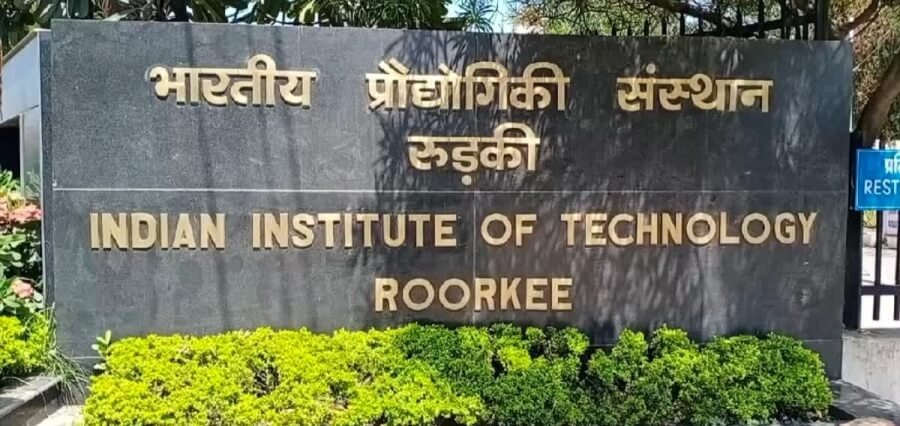Lung cancer manifests nearly a decade earlier in India compared to Western countries, with the mean age at diagnosis ranging from 54 to 70 years, according to a study published in The Lancet.
Authored by doctors from the Mumbai-based Tata Memorial Centre, the study titled “Uniqueness of Lung Cancer in Southeast Asia” emphasizes that lung cancer in Southeast Asia differs significantly from other regions, including the rest of Asia and the West. A notable finding is that a substantial proportion of lung cancer patients in Southeast Asia are non-smokers.
The study reveals that in India, lung cancer patients are typically about 10 years younger than their Western counterparts. “Lung cancer presents approximately a decade earlier in India compared to Western countries, with a mean age at diagnosis of 54–70 years,” the report states. This trend is partly attributed to India’s younger population, with a median age of 28.2 years, compared to 38 years in the US and 39 years in China.
Furthermore, the report highlights that the lung cancer age-standardized incidence rates (ASIR) in India have increased from 6.62 per 100,000 population in 1990 to 7.7 per 100,000 in 2019. In men, the ASIR rose from 10.36 to 11.16, and in women, it jumped from 2.68 to 4.49.
In Southeast Asia, lung cancer was the third most commonly diagnosed cancer in 2020, with 1.85 million new cases (7.8%). However, it remained the leading cause of cancer mortality, resulting in 1.66 million deaths (10.9%). In India, lung cancer accounts for an annual incidence of 72,510 cases (5.8%) and 66,279 deaths (7.8%).
The study underscores the need for region-specific research, noting that specific climate factors like air pollution directly contribute to lung cancer. “Although several guidelines exist, we require a set of dynamic guidelines that adapt to changing science and are region-centric, developed from data generated in Southeast Asia rather than based on global data,” the researchers conclude.
Read More: Click Here





